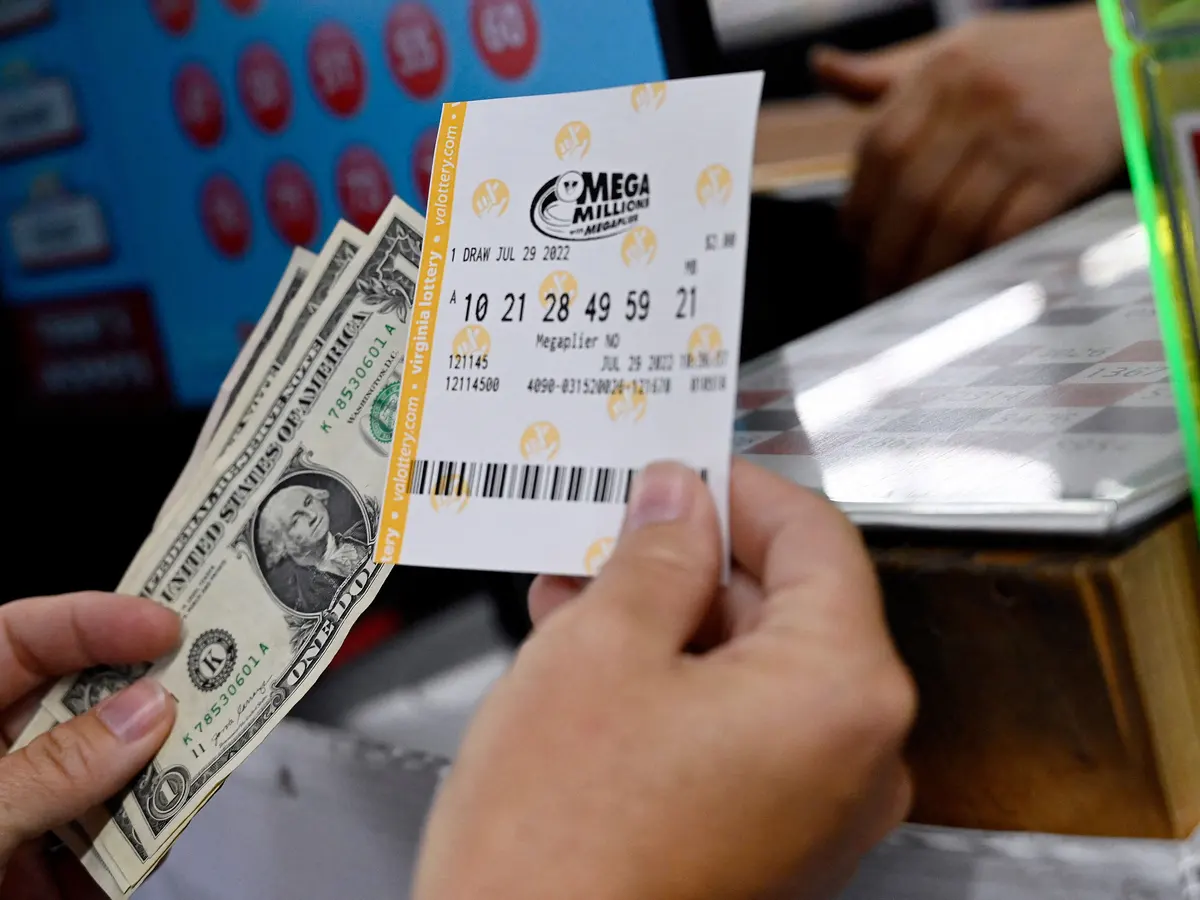Mega Millions’ jackpot has climbed to an estimated $1.35 billion for Friday night’s drawing after no winner matched all six winning numbers on Tuesday – the second-largest prize in its history.
Lottery winners have two options for receiving their prize: either via an annuity lasting 29 years, or as a lump sum payment. Most winners opt for the latter.
Odds of winning
Playing the lottery can serve many beneficial functions. It raises money for schools, state budgets and gambling addiction programs while offering you the thrill of possibly winning life-changing amounts of money. But before buying tickets or taking part in any lotteries it is essential that you understand your odds of success and how likely winning may be for yourself.
Mega Millions jackpot odds currently stand at 1 in 302.6 million – almost equaling that of winning an apocalyptic lightning strike or dying from wasp stings than of becoming the next lottery jackpot winner!
However, there are steps you can take to increase your odds of winning the lottery. Joining a lottery syndicate may help: this strategy involves pooling funds together with other players in order to purchase more tickets and numbers, significantly improving your odds. Unfortunately, however, joining such an entity doesn’t come without its risks; for instance, managing expenses associated with it requires additional risk management skills.
Taxes on winnings
Dreaming of winning a lottery jackpot can be exciting and many imagine spending their winnings lavishly, such as mansions, yachts and private jets. Unfortunately, most don’t realize that lottery winnings are taxed like ordinary taxable income by the IRS and that federal rates are often higher than state ones; additionally local levies may apply in certain states.
If you win a large prize, your first step should be considering taxes. No matter whether it comes in a lump sum or as an annuity payment, the IRS will claim 24% of your winnings; while this may seem high compared to some of its tax brackets (up to 37% ).
Winners should consider how they wish to take delivery of their winnings; whether in lump sum or as an annuity may have significant ramifications on taxes and trust establishment. They should hire an accountant and establish a trust before sharing winnings among friends and co-workers.
Taxes on annuity payouts
If you win the Powerball jackpot, your prize can either come as a lump sum or an annuity payment plan, each with distinct tax implications that you can evaluate using the Powerball payout calculator. Simply input your filing status, state of residence and the federal tax rate; plus state taxes withheld or due; to use this tool effectively.
The advertised jackpot represents what would be received if an annuity payment were spread over 30 years, but most winners prefer lump-sum cash prizes instead, meaning 24% would be withheld and then taxed at 37% marginal rates.
Lottery organizers have increasingly increased ticket prices and added number combinations in recent years in order to expand the jackpot size, helped by rising interest rates. Unfortunately, higher interest rates have also driven up prices of goods and services overall.
Taxes on lump-sum payouts
While Mega Millions’ current jackpot may leave people daydreaming about what a billion-dollar payday could bring them, it is important to realize that such spectacular prizes don’t happen as frequently as people imagine – this is due to longer odds of winning and it being more challenging for sellers of $2 lottery tickets than larger prizes such as $10 jackpots.
Winners have two payment options to receive their prize: either in a lump sum payment or through annuity payments over 30 years. Most opt for lump sum, though part of it will go toward taxes due. How much goes depends on factors like where they live, their income tax rate and future investment returns among other things.
Winners who receive lump-sum payments may be subject to federal taxes of 24% with the top bracket reaching 37%, as well as state taxes that vary depending on where they reside – forcing them to spend more of their winnings than anticipated.













